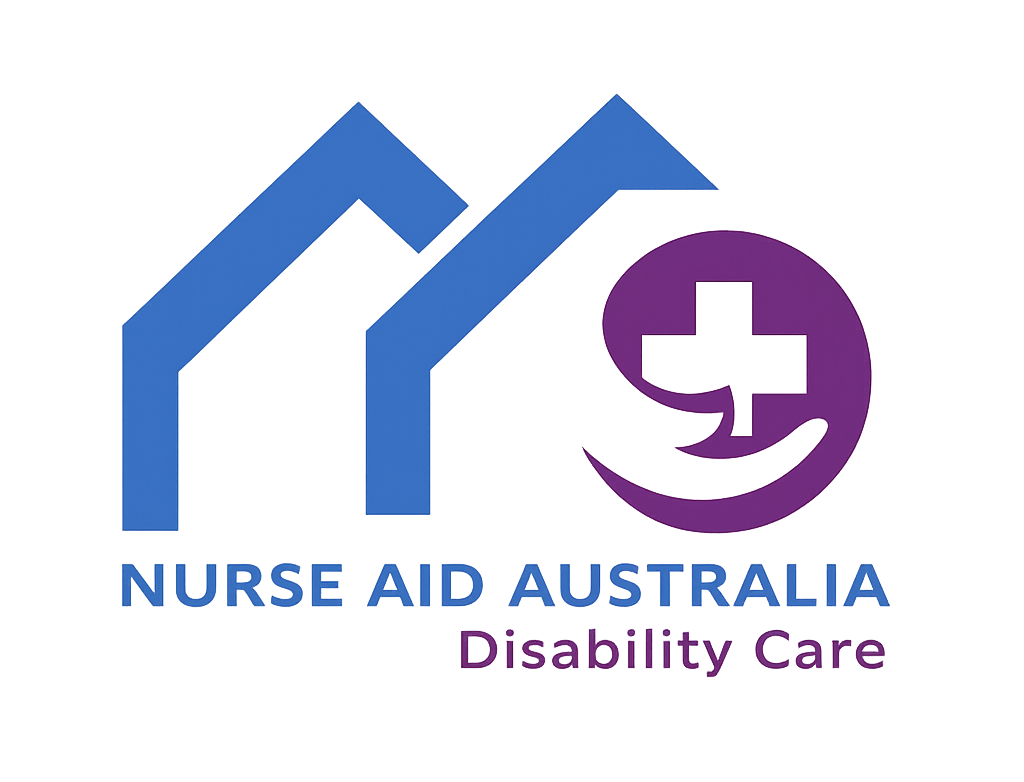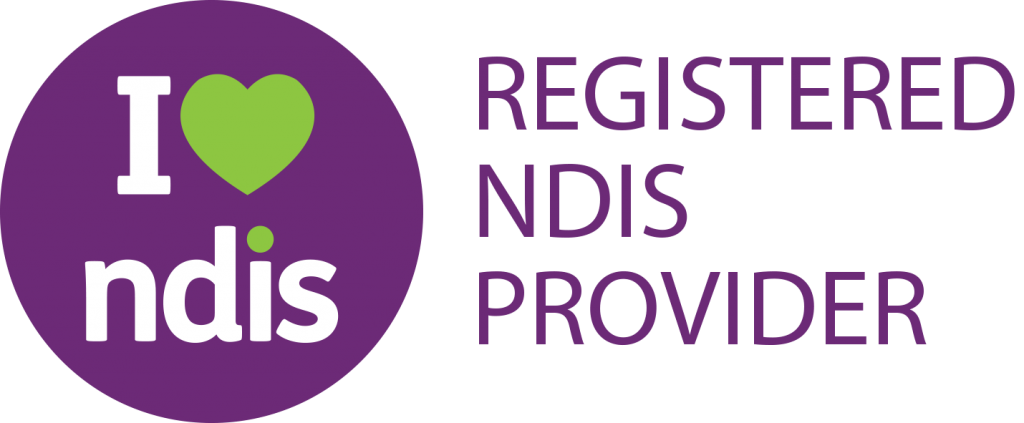Supported Independent Living for Greater Independence
Supported independent living (SIL) is a key part of the NDIS, designed to help people with disability build independence and receive daily support in their own homes. Whether you need help with personal care, household tasks, or learning life skills, SIL offers flexible support tailored to your needs.
Understanding Supported Independent Living
Supported independent living NDIS means receiving paid personal assistance and supervision to help you live as independently as possible. This support can include help with:
- Daily personal care, such as showering, dressing, and medication management.
- Household activities, like cooking and cleaning.
- Building skills to manage routines, budgeting, and community participation.
NDIS supported independent living is usually provided in shared homes, but it can also be delivered in individual accommodation, depending on your goals and level of need.

Who Is Eligible for SIL?
You may be eligible for SIL if:
- You are 18 years or older.
- You have significant support needs requiring help throughout the day and sometimes overnight.
- You have NDIS funding in your plan for SIL or related support.
Your eligibility is assessed based on your functional capacity, goals, and whether SIL is the most suitable and cost-effective way to support you.
Supported Independent Living Options
NDIS supported independent living options vary to suit different circumstances. These can include:
- Sharing a home with other NDIS participants while receiving 24/7 support.
- Living in your own accommodation with tailored assistance.
- Accessing a combination of SIL and Specialist Disability Accommodation NDIS (SDA) if you have high physical support needs.
Your support coordinator or planner will help you choose the best option for your lifestyle and goals.

SIL Assessments and Guidelines
Before funding is approved, you will need to complete a supported independent living assessment. This assessment documents:
- Your daily support needs.
- The type and level of assistance you require.
- Evidence from health professionals about your functional abilities.
Supported independent living NDIS guidelines require that SIL is “reasonable and necessary” and delivers value for money. This ensures your support is appropriate and sustainable over time.
Finding SIL Providers and Vacancies
Supported independent living providers are registered organisations that deliver accommodation support services. When selecting a provider, consider:
- Their experience and reputation.
- Availability of supported independent living vacancies in locations that suit you.
- Whether their services align with your preferences and goals.
A support coordinator can assist you to compare options and arrange visits to potential homes.

Benefits of Supported Independent Living
SIL can help you:
- Develop daily living skills.
- Build confidence and independence.
- Access personalised support tailored to your needs.
- Live in a safe, comfortable environment.
- Be part of a community and build social connections.
“NDIS and supported independent living work together to offer a safe environment where you can build skills and confidence. SIL supported independent living accommodation is designed for people who require help day and night. An independent living support program ensures you receive the right services tailored to your goals.”
Steps to Start Supported Independent Living
Here is a step-by-step guide to begin your SIL journey:
- Discuss Your Goals
Talk to your planner or support coordinator about why you need SIL.
- Complete Assessments
Gather reports and evidence that show your daily support needs.
- Review Funding
Make sure your NDIS plan has funding allocated for SIL.
- Research Providers
Compare independent living support services and see which providers have vacancies.
- Move and Settle In
Work with your provider to develop a roster of care and adjust supports as you settle.
Also read our latest blog on How to Transition to NDIS Accommodation.
FAQs
Who is eligible for SIL?
People aged 18+ with significant support needs who require help throughout the day and sometimes overnight. There may be exceptions for some individuals transitioning from child to adult support.
What does Supported Independent Living include?
Daily personal care, household assistance, skill-building, and supervision. It does not cover rent or food costs.
How do I find SIL vacancies?
Use the NDIS provider finder, talk to your support coordinator, or contact providers directly to see available accommodation.
Can I combine SIL with other supports?
Yes, SIL can be used alongside other supports like Specialist Disability Accommodation or community access funding.
Final Thoughts
Supported independent living empowers you to live a more independent, fulfilling life while receiving the right level of assistance. With careful planning and the support of experienced providers, you can build skills, achieve your goals, and enjoy greater freedom and choice.
If you’re interested in learning more about independent living support programs, we’re here to help you explore your options.
Ready to Take the Next Step?
At Nurse AID Australia, we’re here to support you in turning your NDIS goals into real-world outcomes. Whether you’re looking to join community activities, improve your social confidence, or access tailored support services—we’re just a click away.
Have questions? Contact our friendly team to discuss how we can help you or your loved ones thrive through the NDIS.




